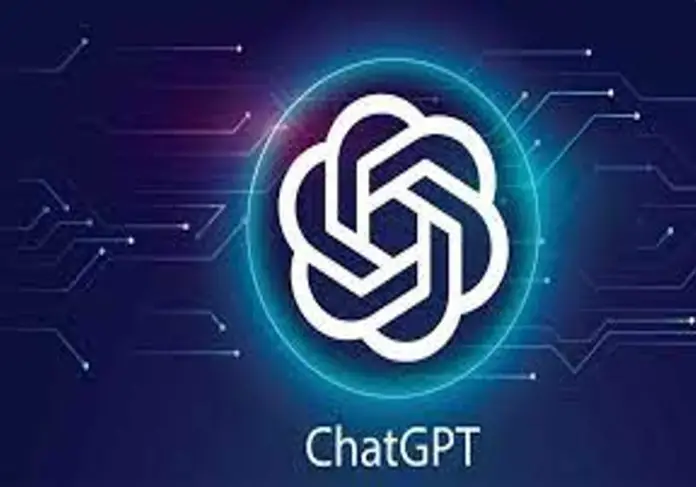The European Union’s privacy watchdog has announced that OpenAI’s recent measures to address the risk of ChatGPT generating factually incorrect outputs are still insufficient for compliance with EU data accuracy standards. This development highlights ongoing concerns about the reliability of AI-generated content and its alignment with stringent EU regulations.
A task force within the EU’s privacy watchdog assessed OpenAI’s efforts to improve ChatGPT’s transparency and accuracy. While acknowledging that steps taken by OpenAI have been beneficial in reducing the potential for misinterpretation, the task force emphasized that these measures fall short of ensuring compliance with the data accuracy principle.
The report from the EU task force underlines a crucial distinction, improving transparency alone does not guarantee the accuracy of information provided by AI systems. Transparency helps users understand the potential limitations and sources of the data but it does not rectify the fundamental issue of accuracy. The EU’s General Data Protection Regulation (GDPR) mandates that data must be accurate and kept up to date, a standard that ChatGPT has yet to fully meet.
National EU privacy watchdogs are continuing their investigations into ChatGPT’s compliance with data protection rules. These joint investigations are critical in shaping the future regulatory landscape for AI technologies in Europe. The ongoing nature of these investigations means that a comprehensive evaluation of ChatGPT’s compliance is not yet available.
The EU’s scrutiny of ChatGPT serves as a reminder of the regulatory challenges facing AI developers. Ensuring compliance with data accuracy standards is not just a technical issue but also a regulatory necessity. For OpenAI, this means that further improvements are needed to align with EU requirements fully.
This development also signals to other AI developers the importance of adhering to stringent data accuracy and protection standards. As AI technologies continue to evolve and integrate into various sectors, regulatory bodies are likely to impose more rigorous standards to ensure that these systems operate fairly and accurately.
The EU’s stance on ChatGPT underscores the ongoing challenges in achieving compliance with data accuracy standards. While OpenAI has made strides in enhancing transparency, the journey towards full compliance with EU data rules is far from over. As investigations continue, both OpenAI and other AI developers must prioritize accuracy and adherence to regulatory standards to ensure the responsible and reliable deployment of AI technologies.






